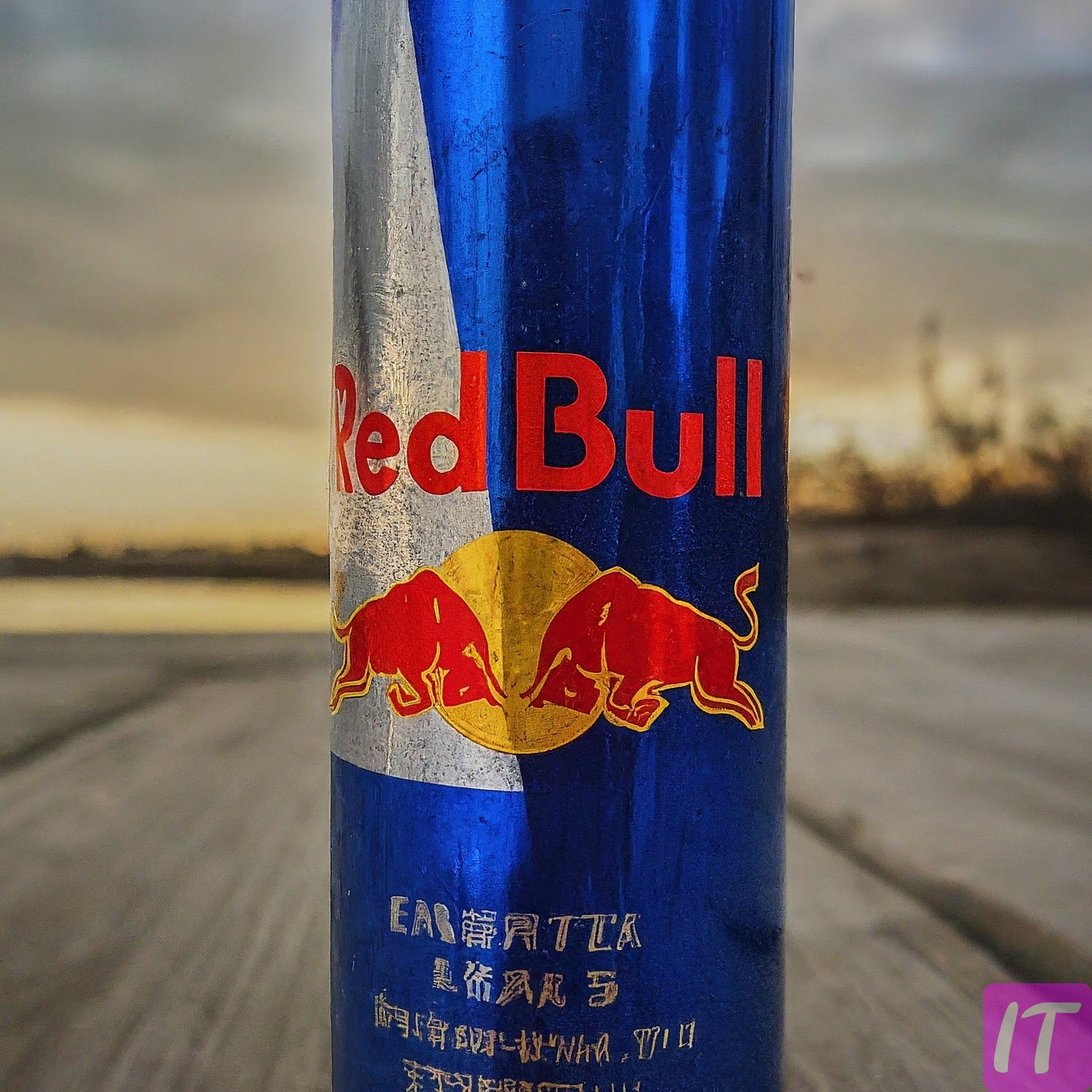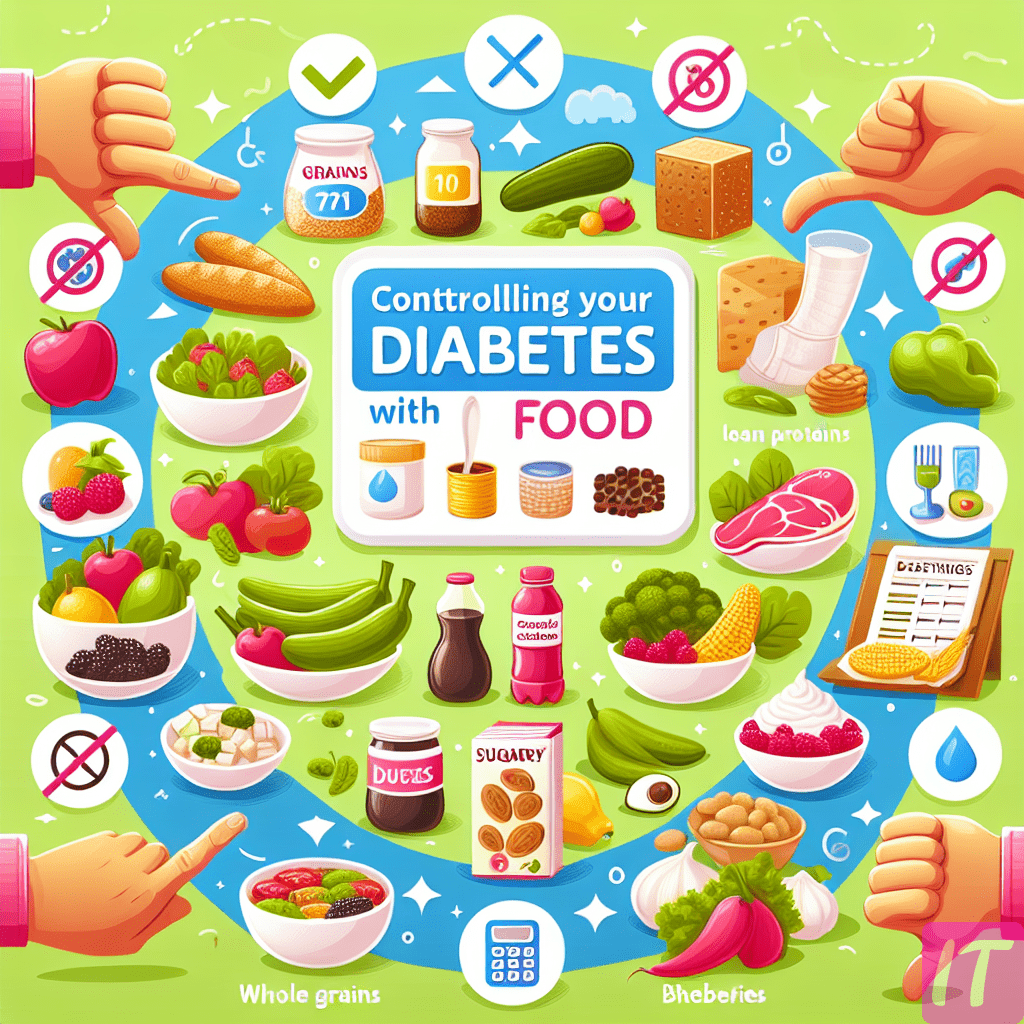Introduction
Energy drinks have become ubiquitous in our fast-paced world, promising a quick boost of energy and focus. With flashy marketing and enticing flavors, they often appeal to students, athletes, and busy professionals alike. However, beneath the vibrant labels and promises of enhanced performance lie potential health risks that warrant careful consideration. This article delves into the ingredients, potential adverse effects, and long-term consequences of energy drink consumption.
What’s Inside That Can? Decoding Energy Drink Ingredients
The primary components of energy drinks are often a combination of:
- Caffeine: The most well-known stimulant in energy drinks. While caffeine can provide temporary alertness and energy, excessive consumption can lead to jitters, anxiety, insomnia, and even heart problems.
- Sugar: Many energy drinks are loaded with sugar, contributing to a surge in blood sugar levels followed by a crash. This can lead to mood swings, fatigue, and an increased risk of obesity and type 2 diabetes.
- Taurine: An amino acid naturally found in the body. While its role in energy drinks remains unclear, some studies suggest excessive taurine intake could have negative effects on the heart.
- Guarana: A plant extract containing caffeine, essentially doubling the stimulant content of many energy drinks.
- B vitamins: Often added to energy drinks, B vitamins play a role in energy production but are unlikely to provide additional benefits in the short term.
- Other ingredients: Energy drinks may contain various herbal extracts, artificial sweeteners, and other additives, the safety and long-term effects of which are not fully understood.

The Unsettling Side Effects: Short-Term Consequences
The combination of ingredients in energy drinks can lead to a range of immediate and short-term side effects, including:
- Increased heart rate and blood pressure: Caffeine and other stimulants can put a strain on the cardiovascular system.
- Dehydration: High caffeine and sugar content can lead to increased urination and dehydration.
- Anxiety and jitteriness: Excessive stimulant intake can trigger feelings of anxiety, nervousness, and restlessness.
- Insomnia: Consuming energy drinks too close to bedtime can disrupt sleep patterns and lead to insomnia.
- Headaches and migraines: Caffeine withdrawal and fluctuating blood sugar levels can contribute to headaches.
- Gastrointestinal issues: Some individuals may experience stomach upset, nausea, or diarrhea.

The Lingering Threat: Long-Term Health Concerns
While the short-term effects of energy drinks can be unpleasant, the long-term consequences raise more significant concerns:
- Cardiovascular problems: Chronic energy drink consumption has been linked to an increased risk of heart arrhythmias, high blood pressure, and even heart attacks.
- Metabolic syndrome: The high sugar content can contribute to insulin resistance, weight gain, and an increased risk of metabolic syndrome, a cluster of conditions that raise the risk of heart disease, stroke, and diabetes.
- Dental problems: The acidic and sugary nature of energy drinks can erode tooth enamel, leading to cavities and tooth decay.
- Addiction and dependence: The caffeine content can lead to dependence, with withdrawal symptoms like headaches and fatigue.
Who’s Most at Risk? Vulnerable Populations
Certain groups are particularly susceptible to the adverse effects of energy drinks:
- Children and adolescents: The developing bodies of young people are more sensitive to stimulants and sugar, making them particularly vulnerable to negative health consequences.
- Pregnant and breastfeeding women: Caffeine can cross the placenta and enter breast milk, potentially harming the developing fetus or infant.
- Individuals with underlying health conditions: People with heart problems, anxiety disorders, or diabetes should avoid energy drinks.
Moderation or Abstinence? The Verdict
The evidence suggests that energy drinks can pose significant health risks, especially with regular or excessive consumption. While occasional use in moderation may be acceptable for some healthy adults, it’s essential to be aware of the potential dangers and consult a healthcare professional if you have any concerns.
Alternatives for a Healthy Energy Boost
If you’re looking for a healthier way to boost energy and focus, consider these alternatives:
- Adequate sleep: Prioritize getting 7-8 hours of quality sleep each night.
- Regular exercise: Physical activity can improve energy levels and overall well-being.
- Balanced diet: Focus on whole foods, including fruits, vegetables, whole grains, and lean protein.
- Hydration: Drink plenty of water throughout the day to stay hydrated.
- Moderate caffeine intake: If you choose to consume caffeine, do so in moderation and avoid energy drinks.
Conclusion
Energy drinks may offer a temporary energy boost, but the potential health risks outweigh the benefits. By understanding the ingredients and their effects, you can make informed decisions about your beverage choices and prioritize your long-term health. Opt for healthier alternatives to fuel your body and mind, and remember that moderation is key when it comes to caffeine consumption.







